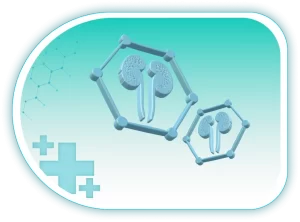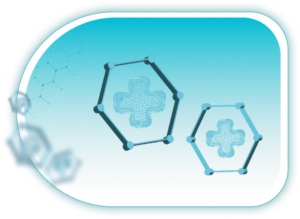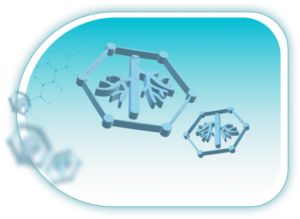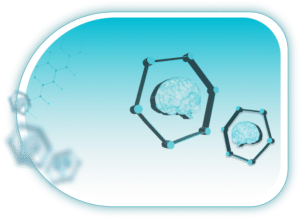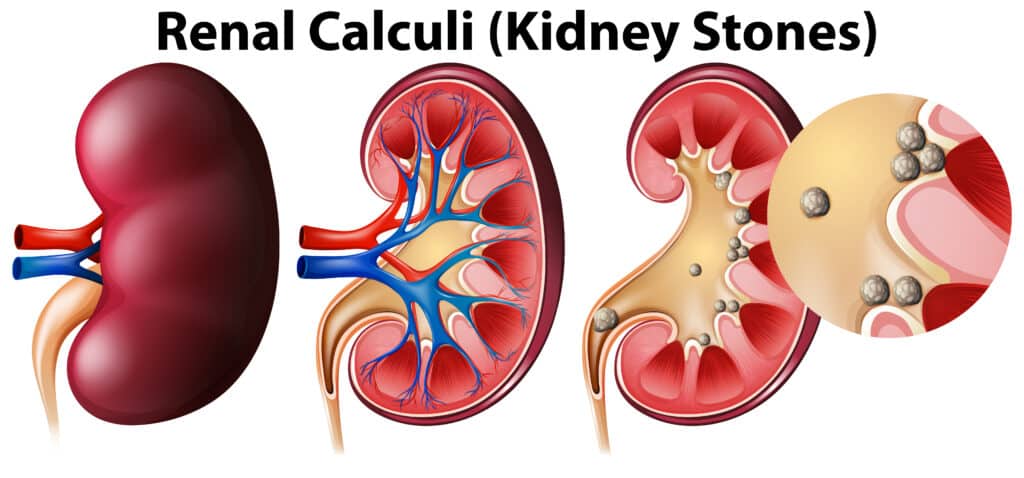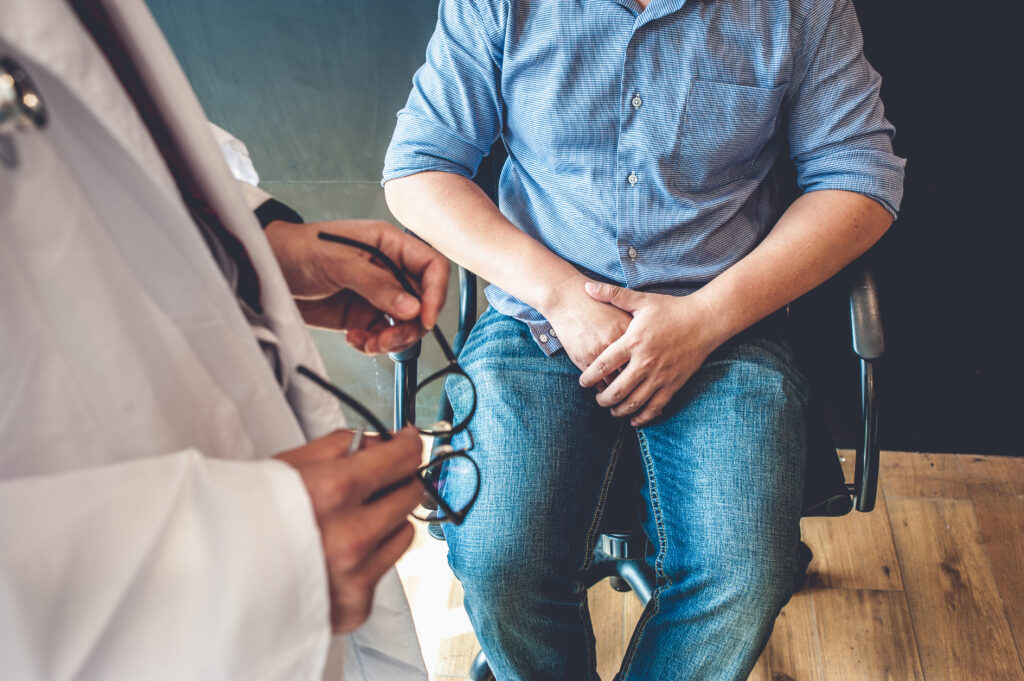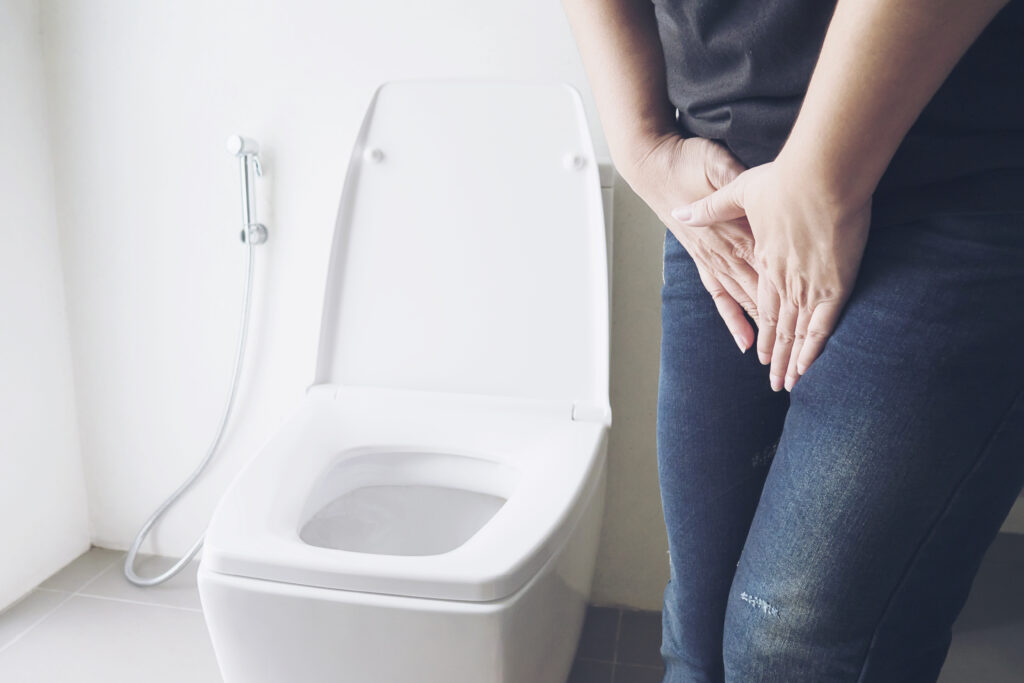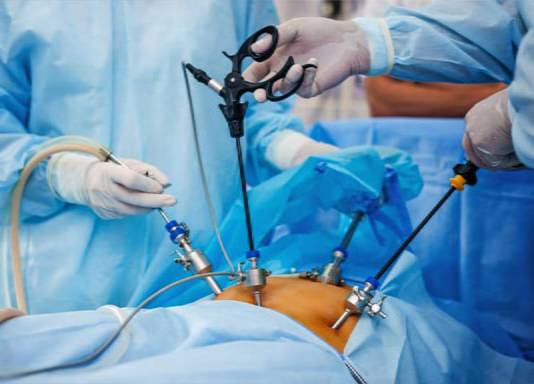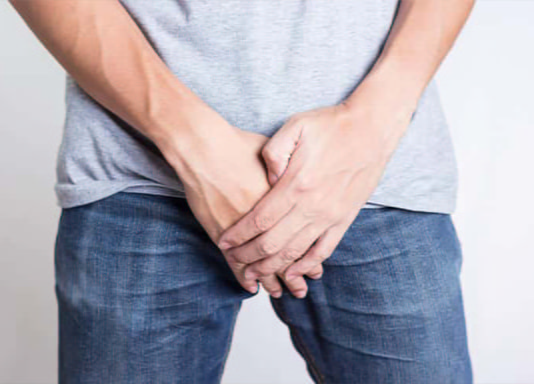The treatment of urinary stones, also known as kidney stones or renal calculi, depends on the size, location, and composition of the stone, as well as the symptoms experienced by the patient. Here we present our treatment options for urinary stones:
- Observation: Small stones that are not causing any symptoms may can be observed by our regular examination. Some medications can help to prevent stone growing or the formation of new stones. During observation the stone could block the ureter for a couple of weeks what between our sonografic examinations when it doesn’t pain; by that, there is limited risk for loss of kidney function.
- Spontaneous passage of the stone up to 5mm we can manage without intervention under the condition that pain is tolerable, no fever and good kidney functio. If you are drinking a plenty of fluids and takes pain medications you can leave the stone with tolerabel complains. Additionally we prescribe you alpha-blockers to relax the muscles in the ureter, facilitating stone passage.
- In case of severe colic pain, fever or impaired kidney function and sometimes to prepare stone removal of a “double-J stent” has to be inserted. This could also become necessary to prevent problems after stone treatment (ESWL, URS) for a couple of days.
- Extracorporeal Shock Wave Lithotripsy (ESWL): This non-invasive procedure uses shock waves to break up larger stones into smaller fragments that can pass more easily through the urinary tract. It is typically used for smaller stones located in the kidney.
- Ureteroscopy: A thin, flexible tube called a ureteroscope, is inserted through the urethra and bladder to reach the stone in the ureter or kidney. The stone can then be either removed with a basket or fragmented using laser. Ureteroscopy is highly effective in fast stone clearance.
- Percutaneous Nephrolithotomy (PCNL): This procedure is performed for larger stones or when other treatment options are not suitable. A small incision is made in the back, and a tube is inserted into the kidney to remove or break up the stone using specialized instruments.
- Open or laparoscopic Surgery: In rare cases where other treatments are not feasible or unsuccessful, open surgery may be required. It involves making a larger incision to directly access and remove the stone from the kidney or ureter.
- The outlined interventions are routinely performend under general or spinal anaesthesia. We will discuss with you, if that is possible as a day case or if you should stay for a night in the hospital
- We are analysing the stone for chemical composition. Additionally we will examine your blood and urine to find out control underlying conditions that contribute to stone formation, such as hypercalciuria or hyperuricosuria. According to these results you may be advised to make dietary and lifestyle changes to prevent the recurrence of urinary stones. These changes may include increasing fluid intake, reducing salt and protein consumption, and avoiding certain foods that are known to promote stone formation (such as foods high in oxalate or purines depending on the stone composition). We will prescribe medications that reduces risk of new stones.
It’s important to consult us as highly experienced urologist for an accurate diagnosis and to determine the most appropriate treatment plan for your specific case.
Prof. Kai Köhrmann was head of the Working Group of the German Urological Society for multiple years and developed different treatment modalities for urinary stones. He published his scientific expertise in multiple high rated professional journals.
The doctors are working with an very well experienced team in a clinic that is equipped with the most advanced technology.

